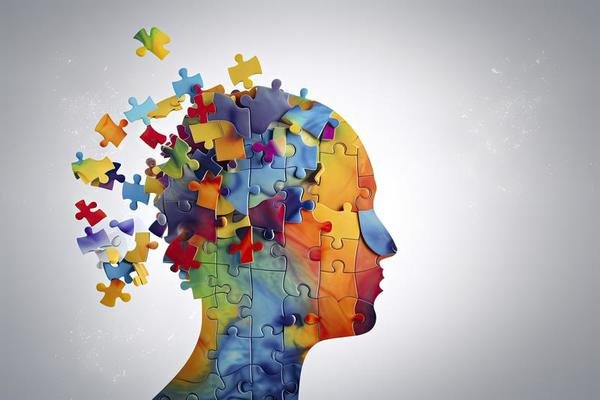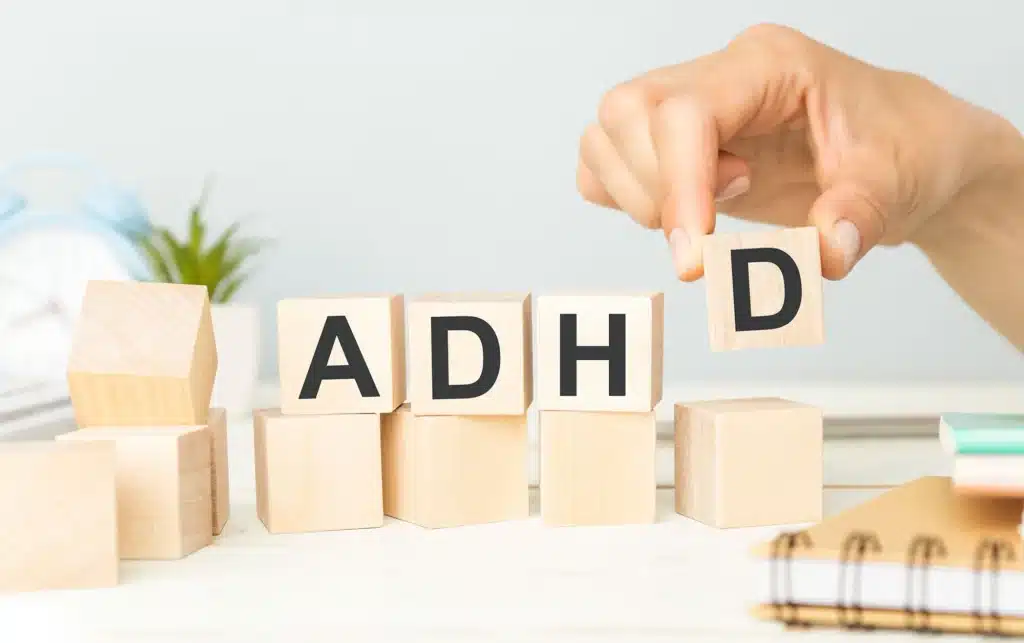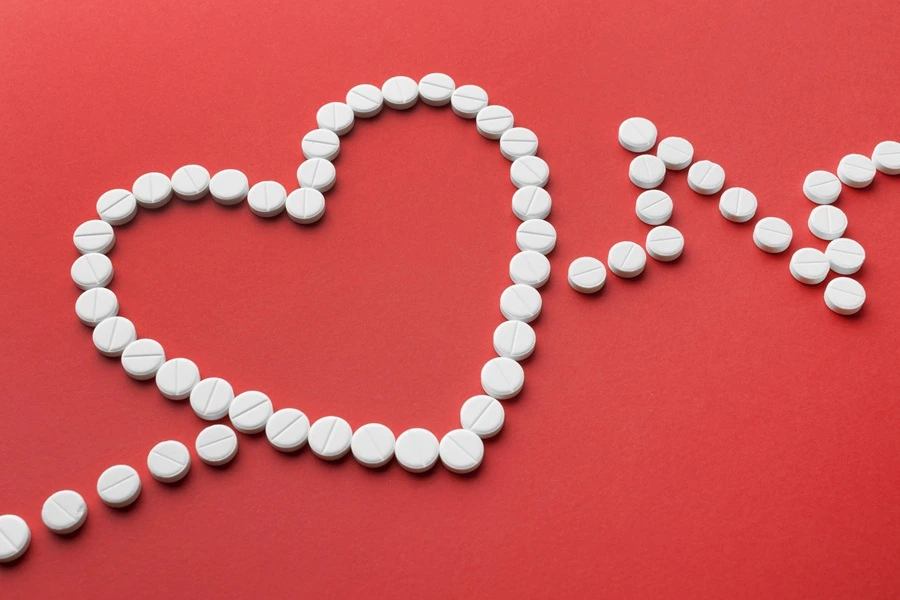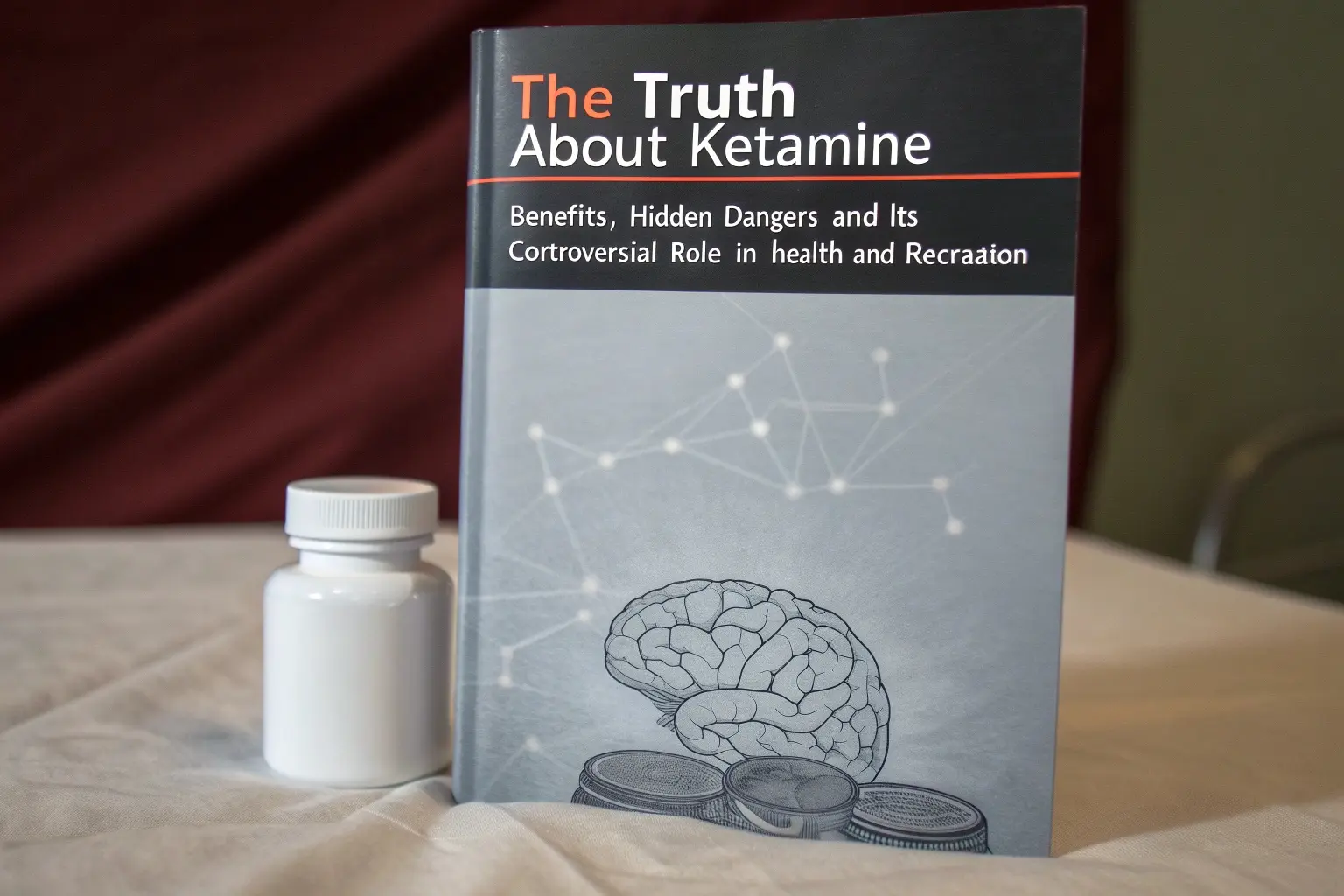ADHD Uncovered: Symptoms, Treatment Options, and What It Really Does to the Brain
Millions of people live with it — but few truly understand it. ADHD, or Attention-Deficit/Hyperactivity Disorder, is one of the most misunderstood neurological conditions in the world. It’s not just

Millions of people live with it — but few truly understand it. ADHD, or Attention-Deficit/Hyperactivity Disorder, is one of the most misunderstood neurological conditions in the world. It’s not just about being “hyper” or “distracted.” It’s a complex brain-based disorder that can hijack your focus, emotions, and life. Effective ADHD treatment is crucial, as it directly addresses these challenges to help individuals regain control and thrive.
Whether you suspect you or someone you love has ADHD, or you’re trying to understand how it’s treated and what it really does to the brain, this is the deep dive you need.
What Is ADHD?
ADHD is a neurodevelopmental disorder that affects the brain’s executive functioning — your ability to plan, focus, manage time, regulate emotions, and control impulses. It’s not a behavioral choice or laziness. It’s a difference in brain wiring.
ADHD often begins in childhood but can continue well into adulthood. While it’s typically diagnosed in kids, more adults are now being diagnosed than ever before, often after a lifetime of struggling with focus, motivation, and emotional regulation.

What Are the Common Symptoms of ADHD?
ADHD doesn’t look the same in everyone, but here are the most common ways it shows up:
Inattention:
- Difficulty sustaining attention
- Frequently losing things
- Trouble following through on tasks
- Avoiding tasks that require prolonged mental effort
- Seeming not to listen, even when spoken to directly
Hyperactivity:
- Fidgeting or tapping
- Inability to stay seated
- Talking excessively
- Feeling internally “restless.”
Impulsivity:
- Interrupting others
- Acting without thinking
- Struggling with patience
- Making quick decisions without considering consequences
In adults, hyperactivity often turns inward — restlessness, anxiety, racing thoughts — making it harder to spot.
What Does ADHD Do to Someone Who Has It?
ADHD affects nearly every area of life — not just school or work. Here’s how:
Emotion Regulation:
People with ADHD often experience emotional dysregulation — intense feelings that shift rapidly and can be hard to control. It’s not just about attention; it’s about how the brain processes emotions.
Time Blindness:
Many with ADHD struggle with the concept of time — being late, procrastinating, or underestimating how long tasks take. This “time blindness” leads to chronic stress and frustration.
Working Memory Impairment:
This makes it difficult to hold information in the mind while using it, like remembering what a teacher just said while trying to take notes.
Social & Relationship Struggles:
Impulsivity, forgetfulness, and emotional intensity can lead to miscommunication, missed appointments, and relationship stress.
Self-Esteem:
After years of being misunderstood or labeled as lazy, many people with ADHD develop deep-rooted feelings of inadequacy or failure.
What Causes ADHD?
There is no single known cause of ADHD, but it’s believed to be linked to:
- Genetics (ADHD tends to run in families)
- Brain structure and function (differences in the prefrontal cortex and neurotransmitter systems, especially dopamine)
- Premature birth or low birth weight
- Prenatal exposure to toxins, such as alcohol or nicotine
It is not caused by bad parenting, sugar, or too much screen time.
How Is ADHD Diagnosed?
There’s no blood test or brain scan that can confirm ADHD. Diagnosis typically involves:
- A comprehensive psychological or psychiatric evaluation
- Reports from teachers, parents, or partners
- Standardized rating scales and clinical interviews
A diagnosis should always come from a qualified mental health professional.
Is There a Cure for ADHD?
There is no known “cure” for ADHD. It’s a chronic neurological condition. But that doesn’t mean people can’t thrive with it.
With the right tools, support, and treatment plan, many individuals with ADHD live full, successful, and creative lives.
Proven Ways to Treat ADHD
1. Medication
Medications, particularly stimulants like Adderall, Ritalin, and Vyvanse, are among the most effective treatments. They work by boosting dopamine and norepinephrine, which are crucial for focus and motivation.
Non-stimulant options like Strattera or Intuniv are also available and may be preferred in certain cases.
Note: Medications don’t “fix” ADHD. They reduce symptoms so other tools — like therapy — can be more effective.
2. Cognitive Behavioral Therapy (CBT)
CBT helps reframe negative thoughts, build better habits, and manage the emotional fallout of ADHD.
3. Coaching and Behavioral Support
ADHD coaches help clients:
- Create structure
- Build systems for time management
- Stick to routines
- Stay accountable
4. Lifestyle Interventions
- Exercise: Boosts dopamine and helps regulate mood
- Sleep hygiene: Crucial for managing symptoms
- Nutrition: High-protein, low-sugar diets may help stabilize attention
- Mindfulness practices: Improve emotional regulation and awareness
5. Accommodations at Work or School
- Extra time on tests
- Quiet workspaces
- Task reminders
- Flexible deadlines
Accommodations aren’t “special treatment” — they level the playing field.
What Does the Future of ADHD Treatment Look Like?
Emerging research is exploring:
- Digital therapeutics: FDA-approved apps designed to improve focus
- Neurofeedback: Brain training to improve attention
- Genetic testing: To tailor medication choices
- Psychedelic therapy: Experimental studies into long-term rewiring of the brain
While none of these are yet mainstream, they reflect how rapidly ADHD science is evolving.
Some Thoughts: Understanding, Not Judging
ADHD is real. It’s complex. And it’s not going away. But with understanding comes power — the power to manage it, thrive with it, and support those who live with it every day.
It’s time we stop reducing ADHD to stereotypes and start recognizing it for what it truly is: a difference, not a defect. And like all differences, it deserves awareness, compassion, and proper care.








